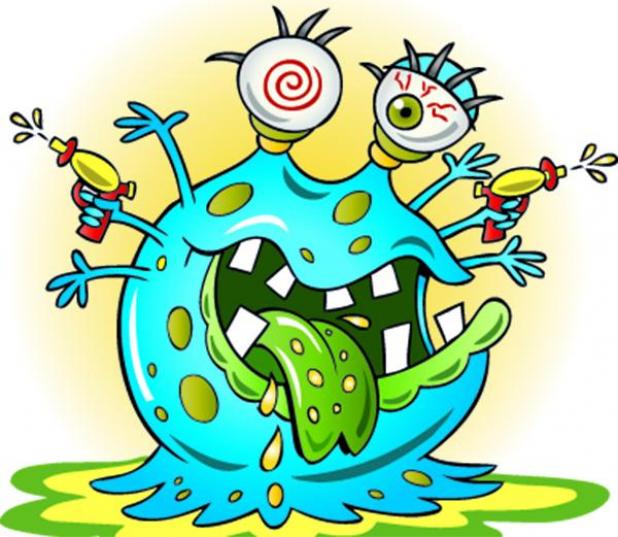
Embracing germs
Germs have gotten a somewhat undeserved reputation. For decades, people have done what they can to avoid these unseemly organisms, thinking that exposure to germs is the single-best way to get and remain sick. Certainly there are germs that a person would be wise to avoid. However, not all germs must be avoided.
Germs are tiny organisms that can enter the body through open cuts, the mouth, the nose and the eyes. Germs are found all over the world. The four main types of germs include bacteria, viruses, fungi and protozoa. Bacteria are a type of germ that often get a bad rap but actually may have benefits that outweigh their negatives.
Bacteria are tiny, one-celled creatures that get nutrients from their environments to live. In some instances, that environment is the human body. Bacteria can reproduce inside and outside of the body. While bacteria that cause repeated infections might be considered bad, there actually are a host of good bacteria.
Such bacteria help people digest food and protect against gastrointestinal upset, such as diarrhea. Some bacteria may help people fight off illnesses caused by other bacteria or viruses, says research published in the journal Best Practice & Research Clinical Gastroenterology. Beneficial bacteria may help stimulate the immune system so that the body is better able to fight off diseases naturally.
People frequently overlook good bacteria in an effort to eradicate bad bacteria, and that can have serious detriments. Unfortunately, the “antibacterial” products available for cleaning and medicines used for treating bacterial illnesses do not discriminate between good and bad germs.
The full article is available in our e-Edition. Click here to subscribe.
